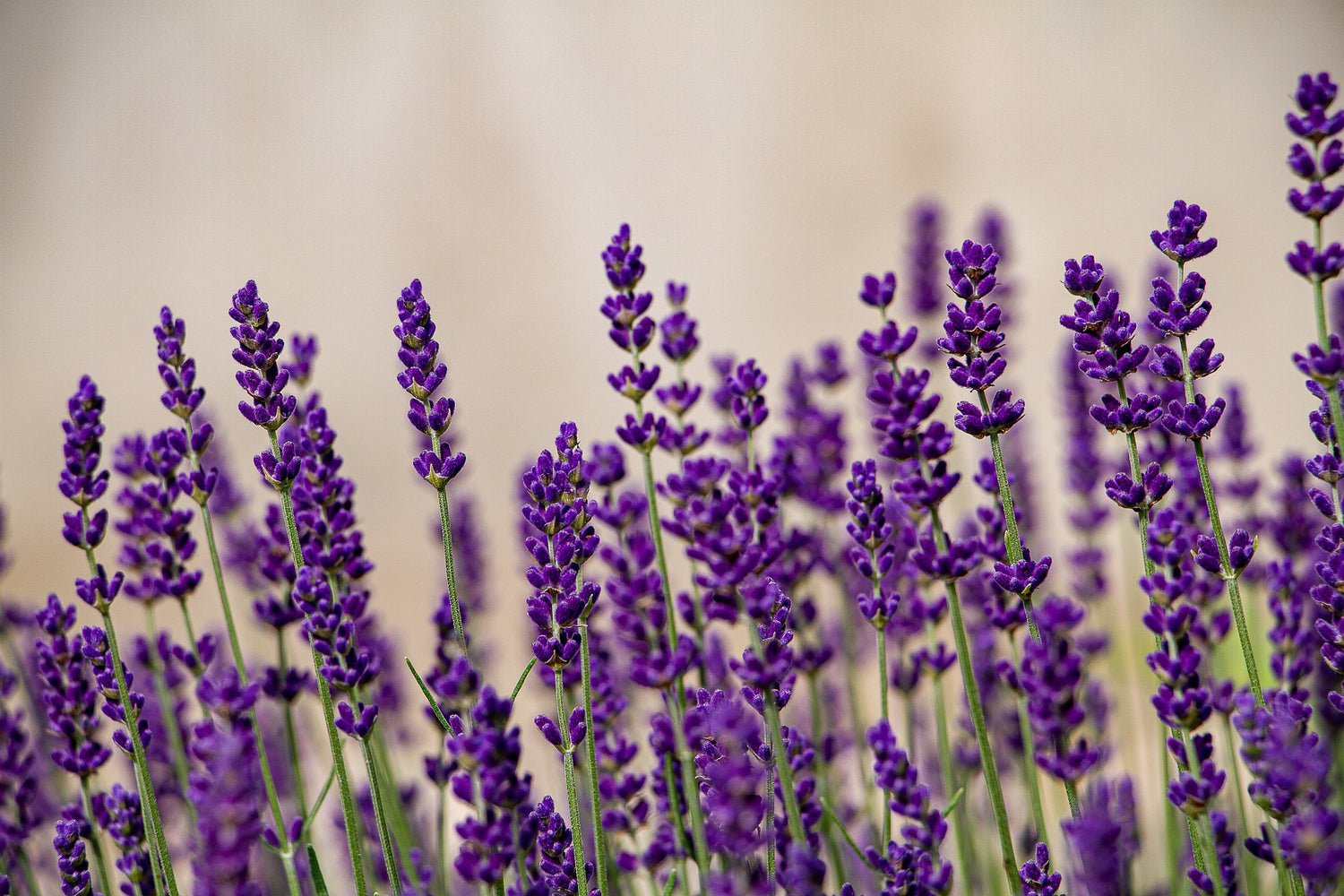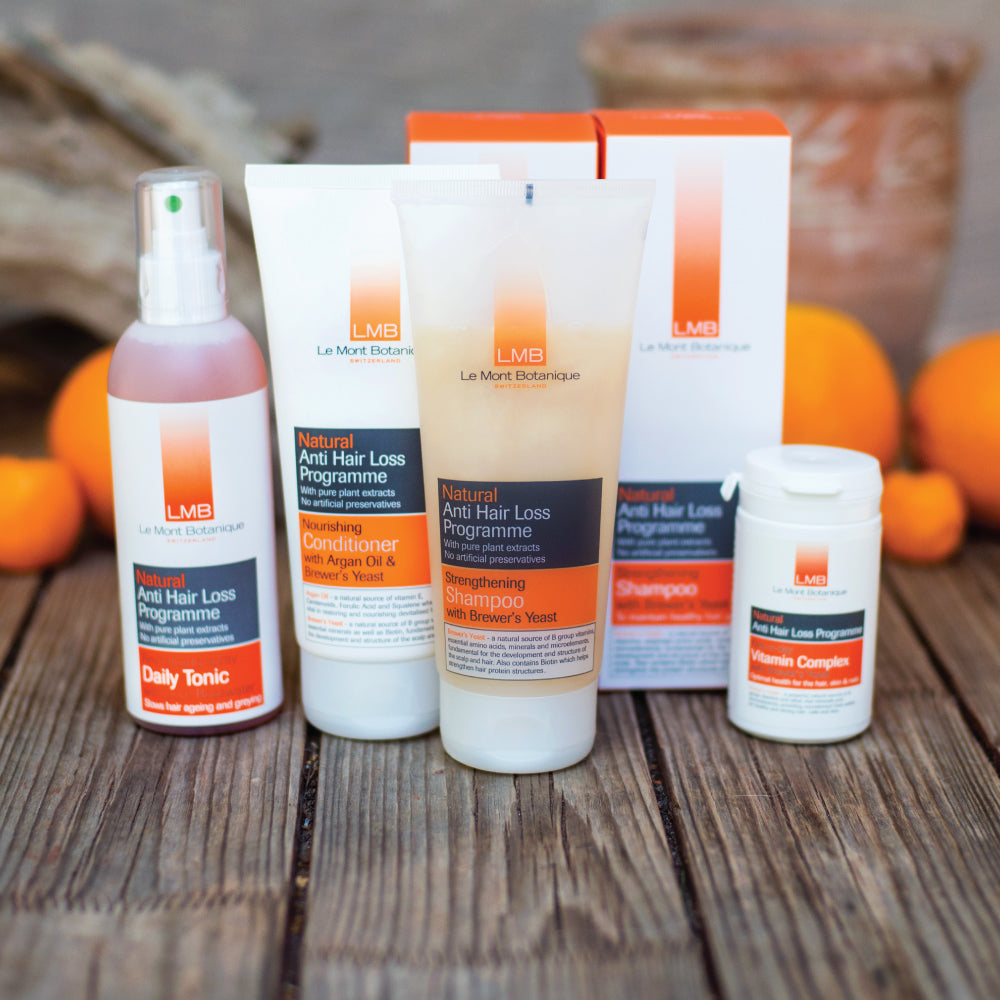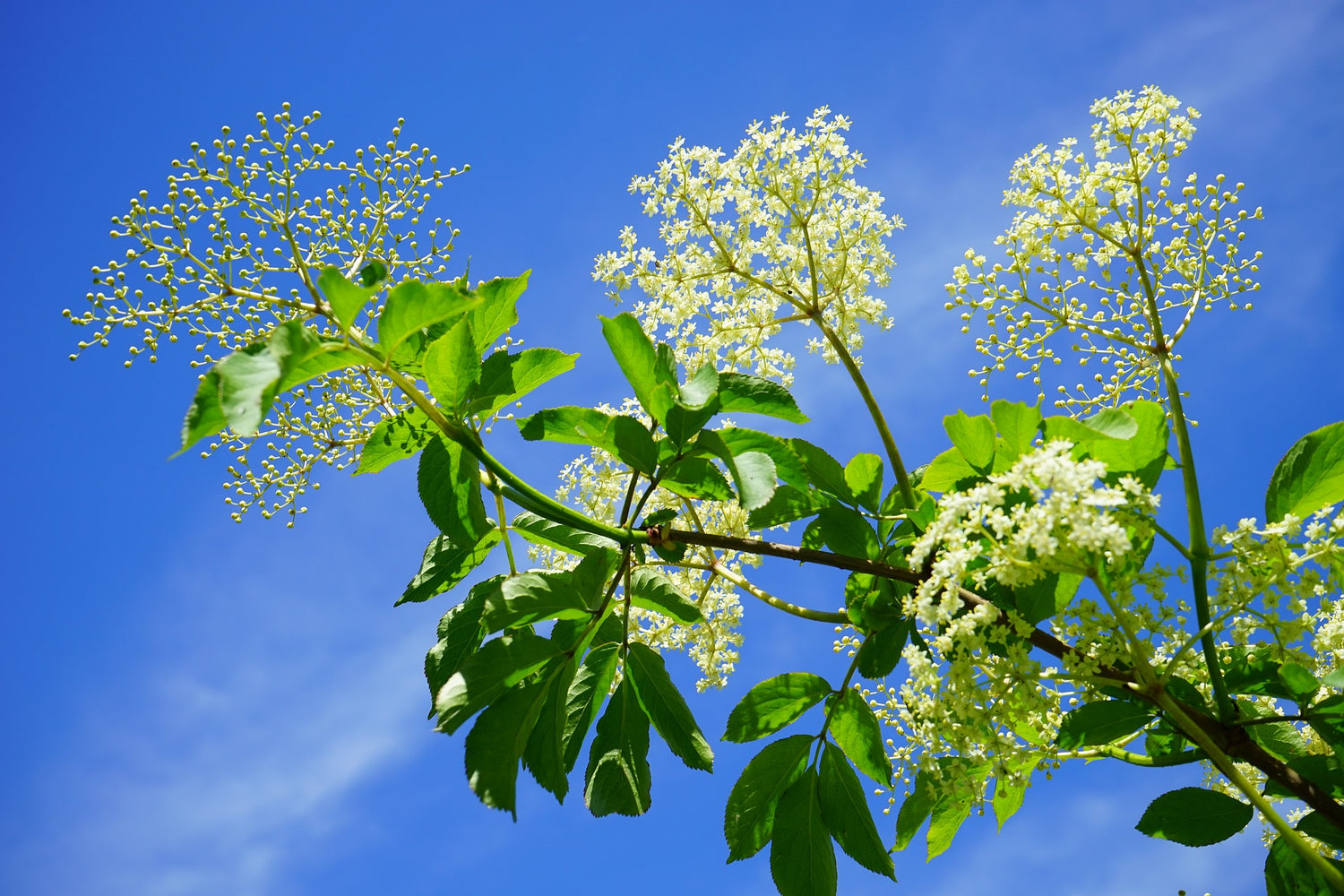The word "diet" was originally used in early English periods to mean “way of living”.
The Greek ancestor of the word diet is diaita, derived from the verb diaitasthan, meaning “to lead one’s life.” In the 13th century, the word diet appeared in English with the current meaning “habitually taken food and drink.”
Our diet is our way of living, not just the food and drink we consume, but also what we think, what we listen to, what we read, and what we watch. They are all equally important parts of our diet that all impact our health.
We think a lot about what we eat, we opt for non-processed foods, with no chemical additives, low fat, and low sugar, favouring healthier options such as fruits, nuts, beans, lentils, and lean meats. We know the limits of alcohol and caffeine and we're aware that we should drink plenty of water.
If it is so easy to think about our health with this part of our diet, why don’t we think about everything else we consume? Do you think about how much negative news you listen to every day? Do you think about the book you are reading and how it sends adrenaline rushing through your body? Do you think about the lyrics of songs and how they affect your mood?
We don’t think about these things because we can't imagine how they impact our health.
But they do affect us, just as much as the food or drink we consume affects our health.
A thriller book or horror movie gets our adrenaline rushing, and even though it is exciting to get that feeling, it is also damaging because, with an adrenaline rush, we are supposed to do something, move - RUN!
When we watch a horror movie or read a thrilling book, we are not moving, however, the adrenaline is still:
- causing our blood vessels to contract and pump more blood to our heart, lungs, and major muscle groups.
- increasing blood pressure to send more blood to our heart and muscles.
- keeping us wide awake.
- tensing our muscles.
- causing tension and pain in our heads.
This doesn’t mean we should never watch a thriller or read the news. We need to be informed and we need to be entertained! However, we really don’t need either of those things 24/7. As with everything in life, the key here is finding balance.
In the same way that we limit alcohol, caffeine, or fatty foods, we can also limit other detrimental things we consume. In the same way that we think about needing to exercise because we ate a huge piece of cake, we can also remember that we should exercise to shake off the excess adrenaline we have collected!
Ultimately, we should remember that diet does not only describe what we eat; diet is our “way of living”.



